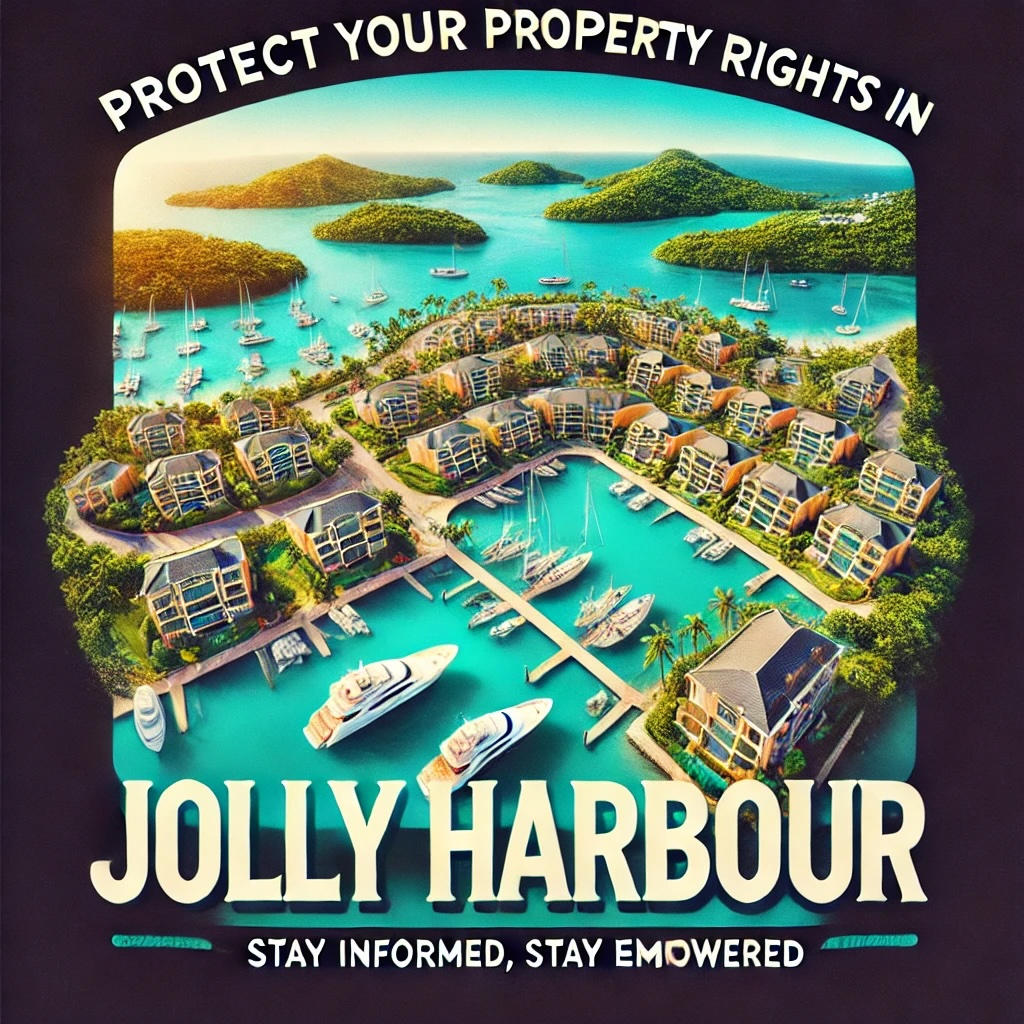In the intricate landscape of property management, conflicts between freeholders and managing entities can escalate, necessitating drastic measures to restore balance and uphold contractual obligations. In Jolly Harbour, Antigua, the ongoing disputes between freeholders and Caribbean Developments (Antigua) Ltd. (CDAL) have reached a critical juncture. For many freeholders, pursuing CDAL's bankruptcy and receivership emerges as a strategic, long-term solution to address mismanagement, enforce covenant obligations, and safeguard their investments.
Key Points:
- Bankruptcy Process: Legal status for entities unable to repay debts, leading to debt reorganization or asset liquidation
- Receivership Benefits: Professional oversight of assets and operations, ensuring covenant compliance
- Financial Transparency: Enhanced scrutiny of CDAL's financial statements and expenditure
- Infrastructure Focus: Prioritization of critical repairs and maintenance
- Legal Protection: Shield from further harassment while debt and legal obligations are managed
📄 Full Article Access
To access the complete article: Contact legal -at- jollyharbour -dot- org with your property details to receive the full content.
